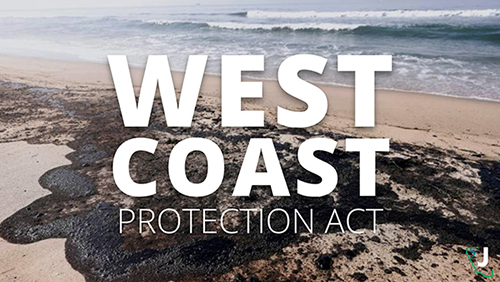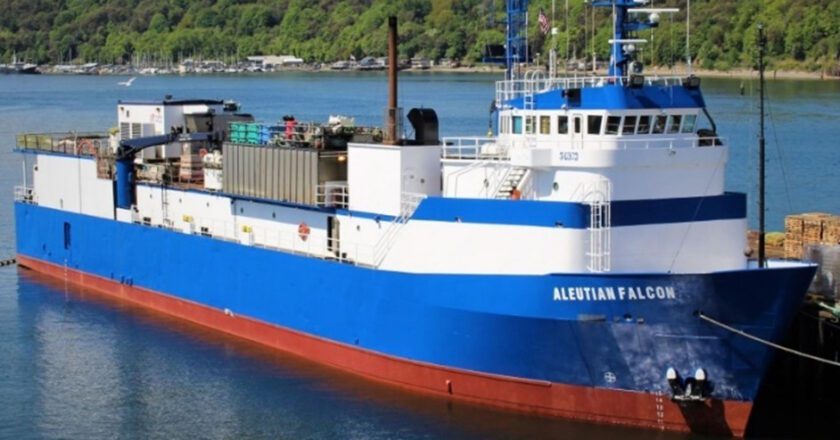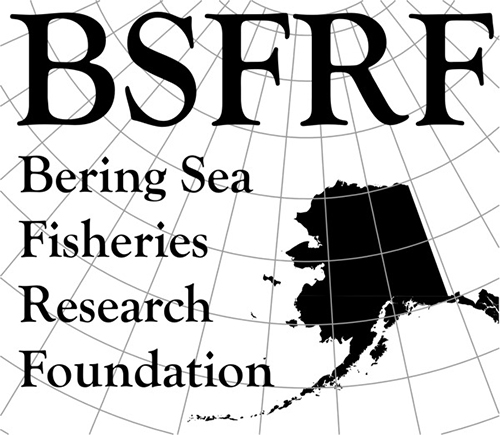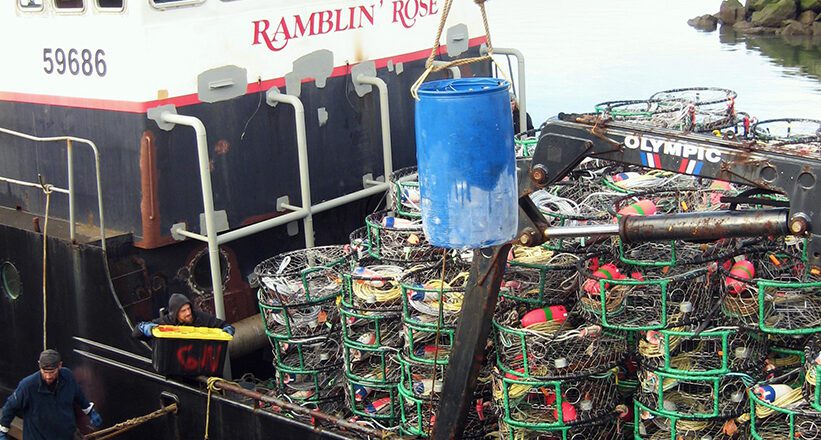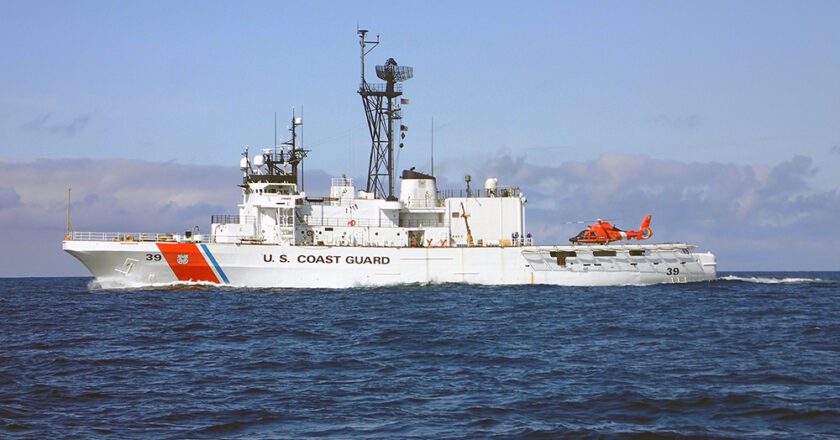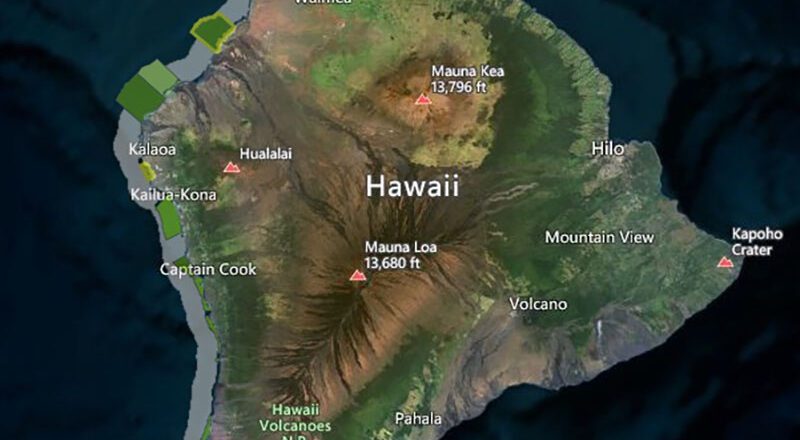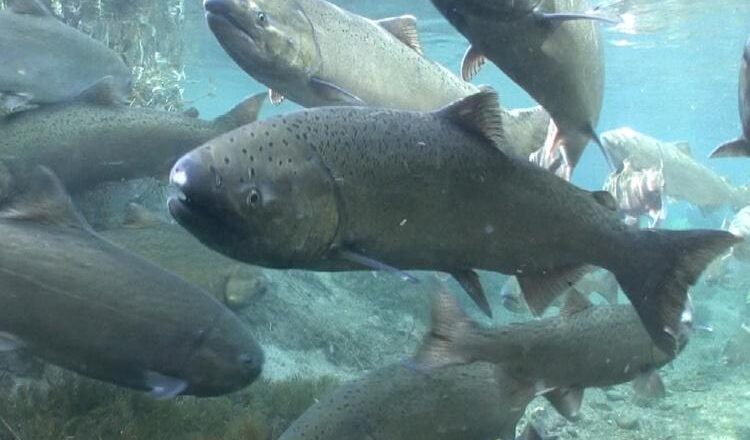IPHC Adopts Reduced Catch Limits from California to Bering Sea
The International Pacific Halibut Commission (IPHC) has adopted reduced catch limits totaling 38.34 million pounds coastwide, a reduction of 10.3% or 4.25 million pounds of the popular white fish.
The action came at this past week’s annual meeting of the IPHC in Vancouver, B.C. and included new restrictions on the charter halibut fishery quotas in Southeast and Southcentral Alaska.
Kurt Iverson, a fishery management specialist with NOAA Fisheries in Juneau, said surveys showed 18% fewer fish coastwide, with the catch-per-unit effort (CPUE) declining by 15%.
Area 3A in the Central Gulf of Alaska, historically the largest area in terms of biomass, was the hardest hit, with its allowable catch dropping by 17%, or 2.47 million pounds. Last year’s total constant exploitation yield (TCEY) or ...


